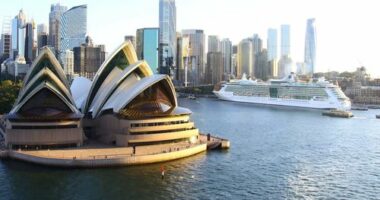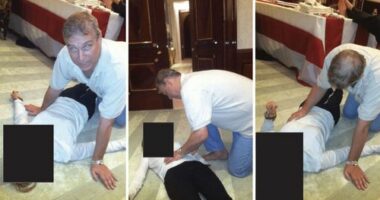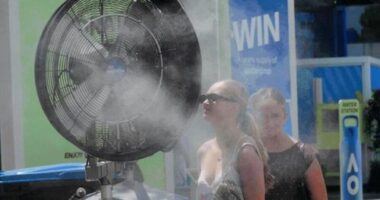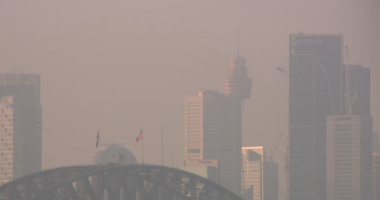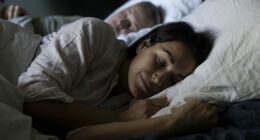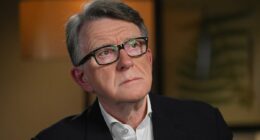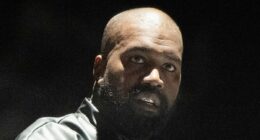Share this @internewscast.com
Sweeping anti-protest police powers have been declared invalid after they were rushed through a state parliament despite concerns from faith leaders and legal experts.
The NSW laws were swiftly implemented in February after a spate of alleged antisemitic acts across Sydney and Melbourne, including graffiti, arson attacks and threats of personal violence.
But Palestine Action Group activist Josh Lees took the NSW government to the state’s Supreme Court, arguing it was unconstitutional for police to have powers to move on protesters near places of worship.
The lack of clarity around the reach of the legislation or the definition of “nearness” meant it wasn’t fit for purpose and would have a chilling effect on protesting, he argued before the state’s Supreme Court.
On Thursday, Judge Anna Mitchelmore of the NSW Supreme Court ruled that a specific provision was unconstitutional, stating it “unreasonably restricted the implied constitutional freedom of communication on governmental or political issues.”
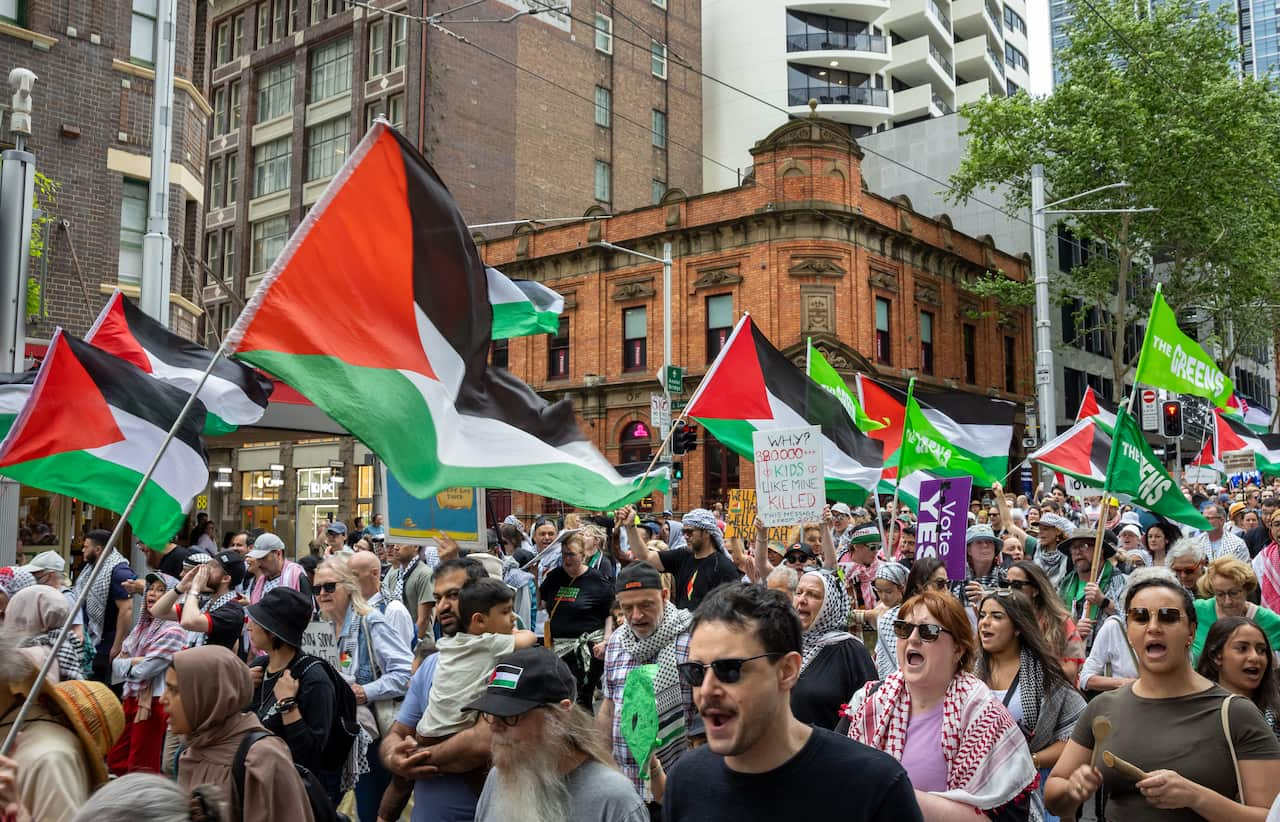
These anti-protest regulations were enacted quickly in February following a series of alleged antisemitic incidents in Sydney and Melbourne. Source: AAP / Sitthixay Ditthavong
Lees welcomed the judge’s decision, which he said meant there was “one less obstacle” to protesting in the state.
“We said from the beginning that what [Premier] Chris Minns was doing was an outrageous overreach in trying to find some new way to ban protests in NSW,” he said outside the court.
“Now he has [a] massive egg on his face.”
When implementing the measures, NSW Premier Chris Minns was warned the laws would be problematic, as many town squares had a church, including those outside the Supreme Court itself.
But Labor instead listened to concerns from peak Jewish groups after rallies went past the Great Synagogue in Sydney’s CBD.
Minns should never have made the “captain’s call” to pass the laws and give police “unreasonable powers to be able to control the people on the streets”, Greens MP Sue Higginson said.
Minns said the government aims to strike “the right balance” between community protection and the right to political expression.
“While [the court ruling] is disappointing, it is important to note that this does not mean there is free rein outside places of worship,” he said.
Mitchelmore concluded that the laws exceeded what was essential for safeguarding individuals entering or exiting places of worship. She dismissed the NSW solicitor general’s claim that the laws were appropriate and effective.
At the time of their implementation, NSW Attorney-General Michael Daley said the boosted police powers would ensure people could practise their beliefs in safety.
The decision raised concerns about protests targeting synagogues, according to Alex Ryvchin, co-chair of the Executive Council of Australian Jewry.
“It’s yet again a victory for these professional protesters who are doing their best to ruin this city of ours, and it’s a defeat for the rest of us,” he told Sydney radio 2GB.
“No right is unlimited … we as Sydneysiders need to say enough is enough”.
Lees said the Palestine Action Group had not organised any protests outside places of worship, but took issue with the law infringing on constitutional rights.

